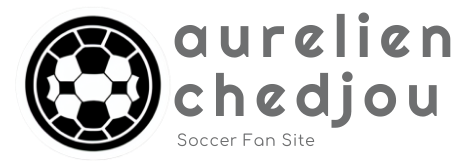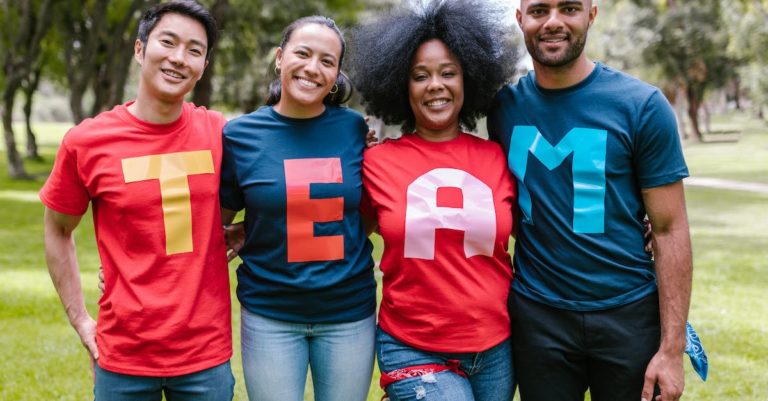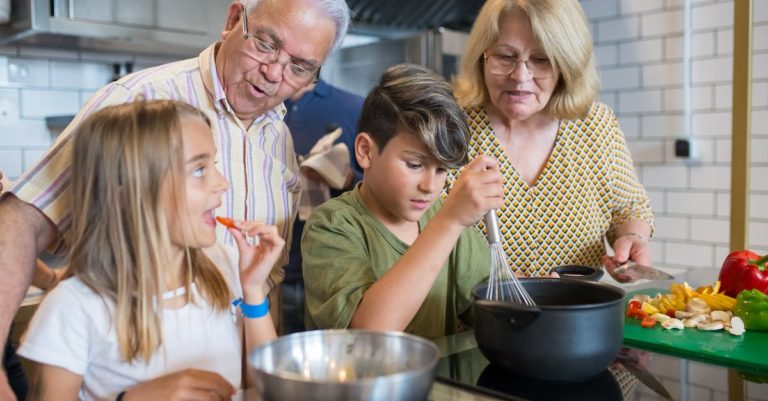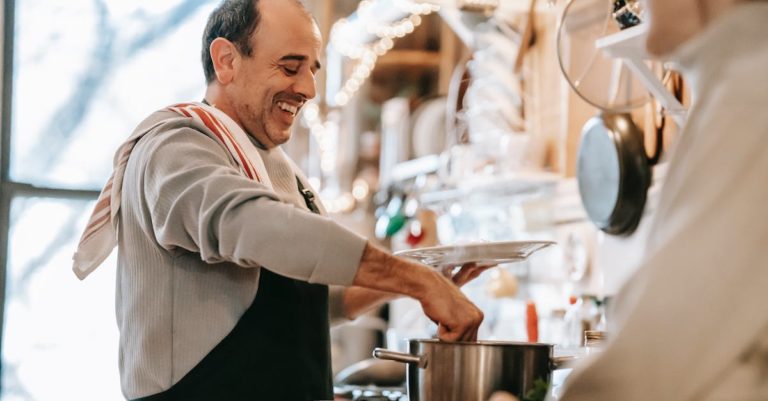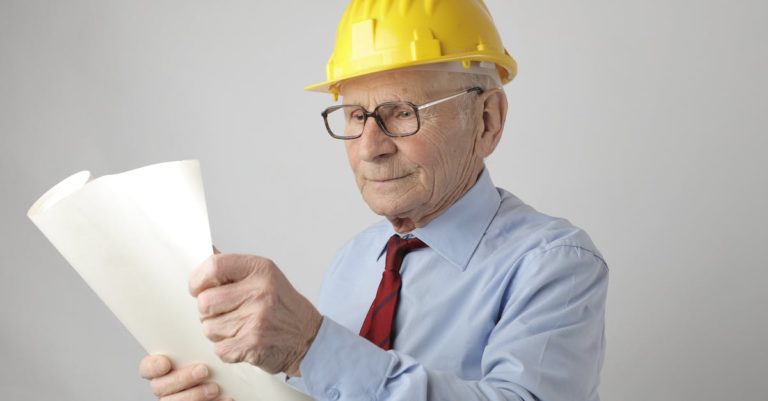How Understanding Our Past Helps Us Create a Better Future
Many times, history books offer a more thorough analysis of the expert’s perspective of an event than a personal experience. Yet, both narratives must be considered when analyzing the significance of an event to the larger context of. Two professors at the University of the Virgin Islands set out to balance each of the stories.
Thalassa Tonks as well as Molly Perry, who teach English at the St. Croix campus and geography and history on St. Thomas of the Virgin Islands respectively, were recently awarded a $1, “Digital Humanities Advancement Grant” from the National Endowment for the Humanities to support their efforts to create and save individual narratives derived from everyday life. Molly. Perry noted, “If one rely only on authoritative, professional, or even government-approved versions of historical events you miss a large deal of the fabric of daily life.” Thanks to this grant, they will continue to teach students how to record and solicit verbal stories.
A website to display accounts and make the accounts accessible to all any time, is part of the initiative titled “Community Conversations: A Digitized Cultural Preservation Project that is located in the United States Virgin Islands.” The present grant awarded to this goal is actually the third one that was received to support the work. Previous Humanities and Community Foundation of the Virgin Islands grants have provided assistance in purchasing audio recorders, video recorders, lighting equipment and other necessary things for the students who are working on the project. While the primary goal of this project is to preserve historical culture, it will have far greater repercussions.
Tonks and Perry pointed out that there are a variety of contributing factors to a decline in the study of humanities. Tonks explicitly stated, “There’s a decline in studies in the humanities.” Tonks further elaborated on this notion by stating oral histories can help students get more involved with the topic material. Perry said, “A project such as it empowers students.” It is a common belief that first year University of the Virgin Islands students typically visit the University of the Virgin Islands for additional guidance is well-known. They are concerned that they are not speaking correctly due to the Virgin Islands dialiects. Tonks and Perry stated their intention to change this perception, declaring: “We want to flip the narrative.
The instructors stated that their students have been very passionate about their present topics and reflect the personal stories they have shared with them. They have projected possible conversations to encompass Climate Change and Natural Disasters, which could extend what the study covers that is currently being taught in Humanities into Science courses. Materials and training for students are now in use. The women are aware that they’re not alone or the only to start their own Oral History Project in the area. However, this helps them build connections to other people who have done the same.
Researchers are aware of potential problems in oral history research. They’ve made it a point to educate students responsible for collecting and recording data. This was done to help avoid these issues. Additionally, it’s important to “cross-reference” to data, in the words of Perry. He also says that there’s a great deal of work being done to study the relationship between memory and history. There are still issues regarding language when it comes to developing an oral history project in the Virgin Islands. This is due to memory accuracy issues.
Summary
It is clear that oral-history projects like the one conducted by these scholars provide a unique method of understanding Caribbean tradition and its history. They are extremely important to preserve and understanding our history, in that they permit us to learn not only from examining documents, but hearing narratives and tales from those who experienced and lived the past firsthand. Thanks to efforts such as these are able to study our past and learn more about the culture of our time, today as well as for the future.
